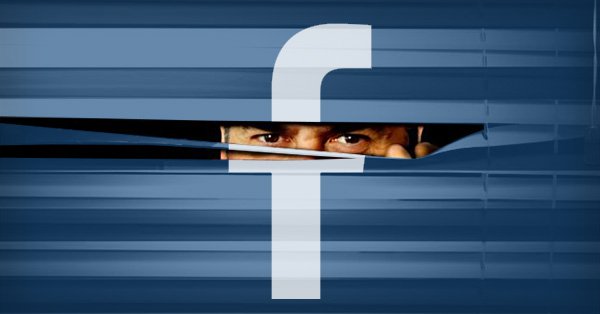
At Public Books, scholar of literature and privacy Palmer Rampell reviews The Known Citizen: A History of Privacy in Modern America by Sarah Igo. The book traces how notions of privacy have evolved and shifted over the last century or so, as reflected in popular culture, legal decisions, and fiction. As Rampell notes, a key point of Igo’s book is that definitions of privacy have always been fluid and even incoherent. Here’s an excerpt:
In The Known Citizen, Igo tracks shifts in popular expectations about privacy across disciplines, decades, and media forms. To name just a few of her numerous case studies, she describes controversies surrounding instantaneous photographs and yellow journalism in the late 19th century; Tea Room Trade, a midcentury ethnography of queer encounters in public toilets; and the ur-show of reality television, the 1970s PBS special The Loud Family. She argues that privacy serves as a “catch-all” term through which people express concerns about the porous boundaries partitioning themselves from corporations, the government, and one another.
Igo’s study troubles the two major historical narratives about privacy, which, as she observes, point in opposite directions. Since [the US Supreme Court case] Griswold v. Connecticut (1965), the legal right to privacy has been expanding dramatically so that it now encompasses abortion, queer sexuality, and, in some states, the right to die. At the same time, since the 1890s, panics have periodically erupted about the erosion of privacy by new technologies, whether instantaneous photographs, wiretapping, computer databanks, or, most recently, social media. Igo argues instead that privacy norms are subject to sinuous oscillations and variations. She notes, for instance, that in the 1930s individuals sometimes tattooed their Social Security numbers on their forearms as an expression of pride. They were less concerned that the state was watching them—or about identity theft—than that they might be left behind by the welfare state. And yet, only a few decades later, many had begun to worry about the government storing personal information in computerized databanks.
Image via thevpn.guru.